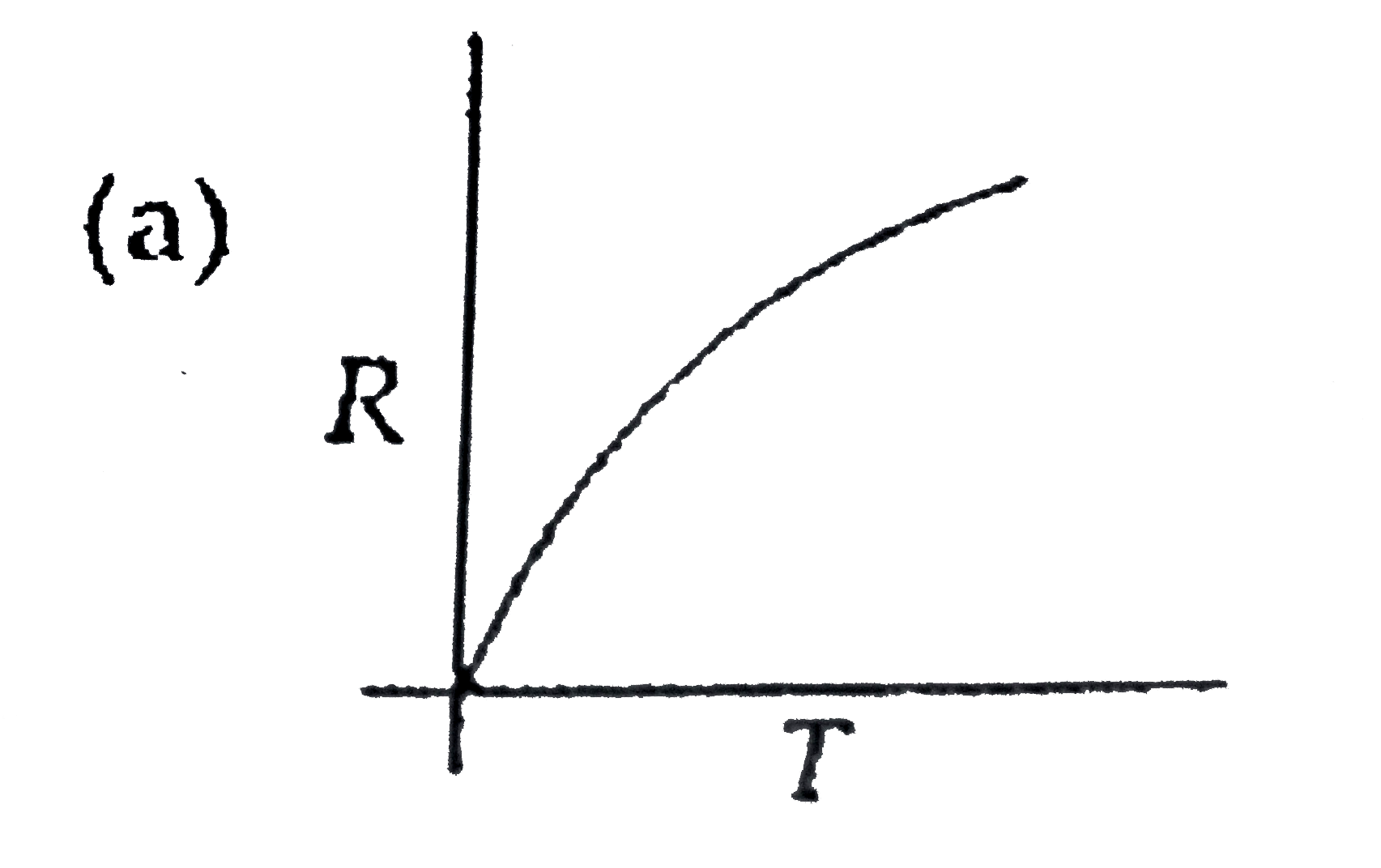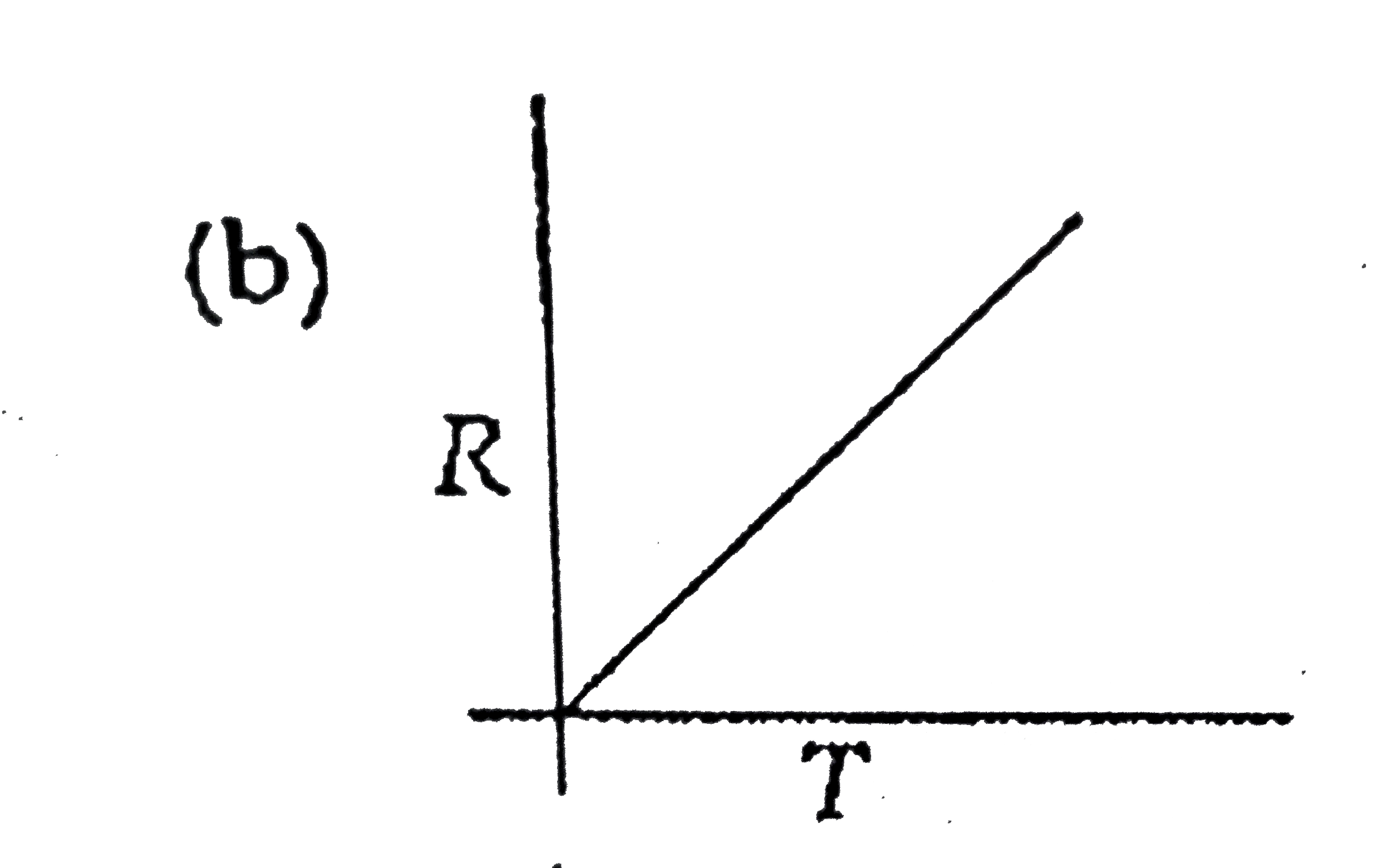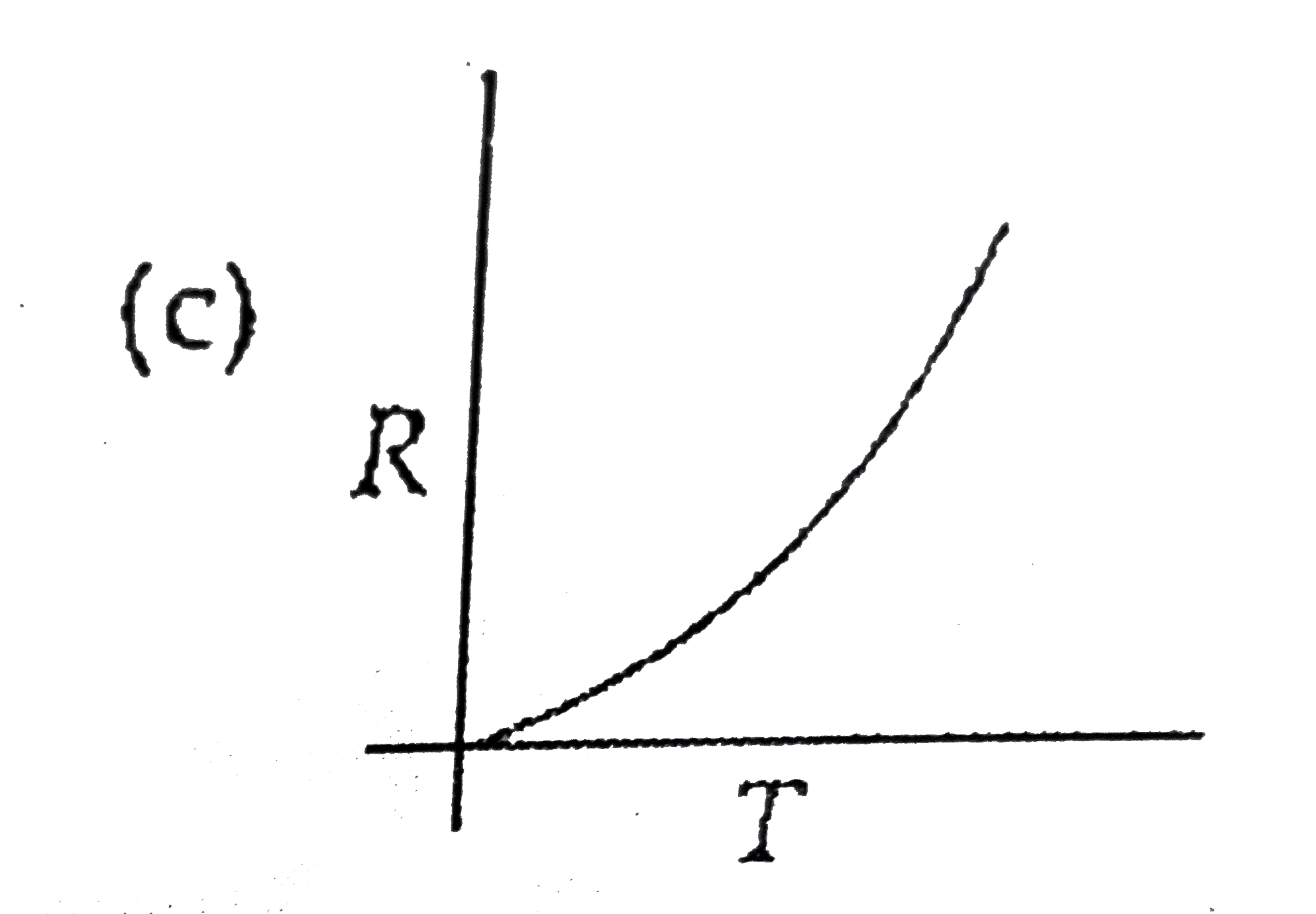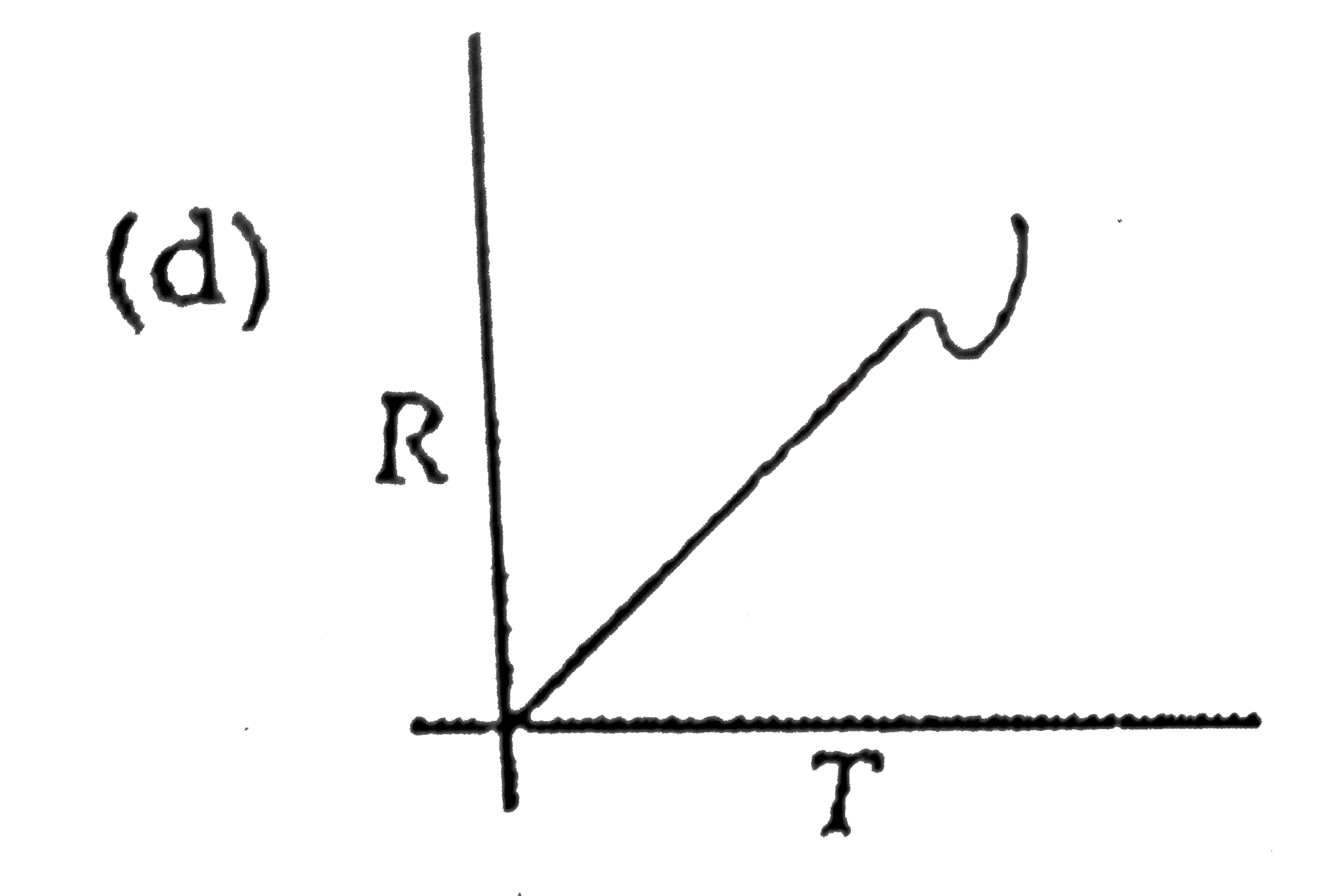Which curve corresponds to the temperature dependance of the
rate R of a simple one step reaction ?




The correct Answer is:B
To solve the question regarding the temperature dependence of the rate R of a simple one-step reaction, we can follow these steps:
Step 1: Understand the Reaction
We start with a simple one-step reaction represented as:
A→B
In this reaction, A is the reactant and B is the product.
Step 2: Define the Rate of Reaction
The rate of reaction R can be expressed in terms of the change in concentration of reactants and products over time:
R=−d(A)dt=d(B)dt
This means that the rate of disappearance of A is equal to the rate of formation of B.
Step 3: Identify Factors Affecting the Rate of Reaction
The rate of a reaction is influenced by several factors, including:
- Concentration of reactants
- Temperature
- Nature of the solvent
- Presence of a catalyst
Step 4: Focus on Temperature
Among these factors, we are particularly interested in how temperature affects the rate of reaction. As temperature increases, the kinetic energy of the molecules also increases. This leads to more frequent and effective collisions between reactant molecules.
Step 5: Activation Energy
The minimum energy required for a reaction to occur is known as the activation energy. Higher temperatures provide more molecules with energy equal to or greater than the activation energy, thus increasing the rate of reaction.
Step 6: Relationship Between Rate and Temperature
We can conclude that the rate of reaction R is directly proportional to the temperature. This means that as the temperature increases, the rate of reaction also increases.
Step 7: Analyze the Graphs
Given the options for the curves that represent the temperature dependence of the rate of reaction:
- A linear increase in rate with temperature is expected.
- A curve that shows a direct proportionality (i.e., as temperature increases, rate increases) is what we are looking for.
Step 8: Identify the Correct Curve
After analyzing the provided curves, we find that the correct curve corresponds to the option that shows a direct increase in the rate of reaction with an increase in temperature.
Conclusion
The correct answer is the curve that shows a direct relationship between temperature and the rate of reaction, which is typically a positively sloped curve.
---
We start with a simple one-step reaction represented as:
A→B
In this reaction, A is the reactant and B is the product.
The rate of reaction R can be expressed in terms of the change in concentration of reactants and products over time:
R=−d(A)dt=d(B)dt
This means that the rate of disappearance of A is equal to the rate of formation of B.
The rate of a reaction is influenced by several factors, including:
- Concentration of reactants
- Temperature
- Nature of the solvent
- Presence of a catalyst
Among these factors, we are particularly interested in how temperature affects the rate of reaction. As temperature increases, the kinetic energy of the molecules also increases. This leads to more frequent and effective collisions between reactant molecules.
The minimum energy required for a reaction to occur is known as the activation energy. Higher temperatures provide more molecules with energy equal to or greater than the activation energy, thus increasing the rate of reaction.
We can conclude that the rate of reaction R is directly proportional to the temperature. This means that as the temperature increases, the rate of reaction also increases.
Given the options for the curves that represent the temperature dependence of the rate of reaction:
- A linear increase in rate with temperature is expected.
- A curve that shows a direct proportionality (i.e., as temperature increases, rate increases) is what we are looking for.
After analyzing the provided curves, we find that the correct curve corresponds to the option that shows a direct increase in the rate of reaction with an increase in temperature.
The correct answer is the curve that shows a direct relationship between temperature and the rate of reaction, which is typically a positively sloped curve.
Similar Questions
Knowledge Check
The temperature dependence of the rate of a chemical reaction can be explained by Arrhenius equaiton which is
Ak=AeEa/RTBk=Ae−Ea/RTCk=Ae×EaRTDk=Ae×RTEaThe temperature dependence of the rate of a chemical reaction is given by arrhenius equation, k=Ae−Ea/RT. Which of the following graphs will be a striaght line?
AIn A vs 1/TBIn A vs EaCIn K vs 1/TDIn k vs −Ea/R
Discuss the effect of temperature on the rate of a reaction.
View SolutionA small rise in temperature decreases ––––––––––––the rate of reaction.
View SolutionA small rise in temperature decreases ––––––––––––the rate of reaction.
View SolutionA small rise in temperature decreases ––––––––––––the rate of reaction.
View SolutionWhat is the rate determining step of a reaction?
View SolutionWhat is the rate determining step of a reaction?
View Solution
